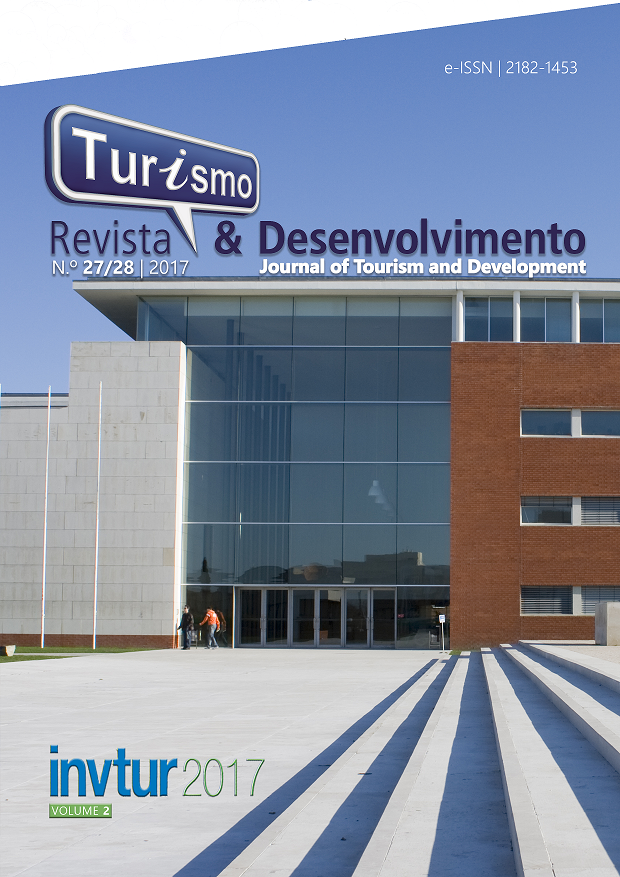Can we have a multi-level governance for tourism development? The case of Douro region
Resumo
The multi-level governance concept encompasses both vertical intragovernmental relations and a more comprehensive process involving formal government agencies and sectors towards the diffusion of decision-making. The multi-level governance is a challenging exercise that may be decisive to destinations development. This paper aims to analyse the governance characteristics of Douro, a Portuguese northern subregion. This qualitative case study is based on discourses of public agents, extracted from interviews and public speeches. Findings reveal the agents resistance in relation to the current administrative structure, a political fragmentation, and a lack of a leadership. In addition to this, the supply needs to structured and qualified. If both processes fail, the multi-level governance will not materialize, which may perpetuate the current scenario.





